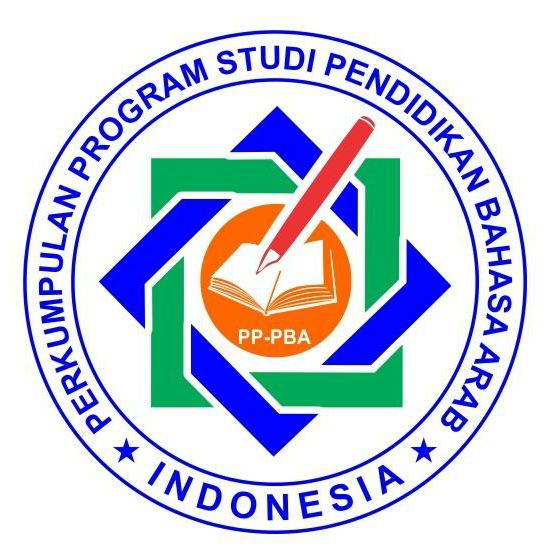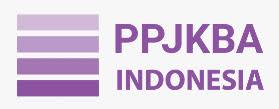Relasi Hafalan al-Mufradāt atas Keterampilan Berbicara
The Correlation between Vocabulary Mastery and Speaking Skills
DOI:
https://doi.org/10.37680/aphorisme.v2i2.818Keywords:
Ability, Skills, Vocabulary, Arabic LanguageAbstract
The ability to memorize vocabulary which is a person's effort to be able to do something to memorize vocabulary as much as possible. This memorization ability will affect a person's ability to speak Arabic. The level of language development starts from screaming, sporadic babbling, systematic babbling evidenced through imitation and speech. This type of research is quantitative. The purpose of this study was to determine the ability to memorize vocabulary and Arabic speaking skills of KMI’s student Arrisalah Islamic Boarding School Ponorogo. The selection of this research design always refers to the hypothesis which will later enter the resistance test. This study used a limited population that was heterogeneous because the population was less than 50 people. This study used test, documentation, and observation techniques in the data collection. The data analysis technique of this research used the product-moment correlation technique. Meanwhile, to analyze the results of the study the normality test, linearity test, and paired sample t-test were used. The results of this study indicate that there is a significant relationship between the ability to memorize mufradat and Arabic language skills. This is evidenced by the results of the value of Sig. (2-tailed) 0.000 <0.05.
References
Lani, H. (2017). Analisis Kemampuan Penggunaan Kosakata Arab Siswa Kelas VII MTs Quraniyah Batu Kuta Narmada Lombok Barat Tahun Pelajaran 2016-2017. Universitas Islam Negeri Mataram.
Mukminin, A. (2021). I’dād al-Mawād al-Ta’līmiyyah li Mahārah al-Kalām ‘alā Asās al-Żakā’āt al-Muta’addidah bi al-Madrasah. Aphorisme: Journal of Arabic Language, Literature, and Education, 2(1), 13–22.
Munir. (2016). Perencanaan Sistem Pengajaran Bahasa Arab. Prenadamedia Group.
Nimah, K. (2017). Korelasi Penguasaan Kosakata Bahasa Arab dengan Kemampuan Berpidato Bahasa arab Mahasiswa PBA Unisda Lamongan.
Ningrum, N. N. (2016). Pengaruh Kemampuan Bahasa Arab Terhadap Prestasi Belajar Al-Quran hadits Siswa SMP Tahfidz Al-Amien Prenduan Sumenep. Universitas Islam Negeri Maulana Malik Ibrahim Malang.
Putra, W. H., & Sholihah, R. A. (2020). Politik Bahasa Asing Dan Hegemoni Pesantren Di Nusantara. Aphorisme: Journal of Arabic Language, Literature, and Education, 1(1), 43–53.
Rakhmat, J. (2005). Psikologi Komunikasi. Remaja Rosda Karya.
Salma, K. N. (2018). تطوير كتاب التراكيب المصاحب للغة العربية على أساس الخريطة الذهنية للمستوى الثانوي. Universitas Islam Negeri Maulana Malik Ibrahim.
Salma, K. N. (2020). تطوير مواد مهارة الاستماع باستخدام الوسائل المتعددة برمجة فلوتاغون ستوري لتلاميذ المدرسة المتوسطة الاسلامية الحكومية الثانية مالانج. Universitas Islam Negeri Maulana Malik Ibrahim.
Taufikurrahman. (2020). Literasi 100 Buku Bahasa Arab Kontemporer di Indonesia. CV Budi Utama.
Downloads
Published
Issue
Section
License
Authors who publish with this journal agree to the following terms:
Authors retain copyright and grant the journal right of first publication with the work simultaneously licensed under a Creative Commons Attribution-NonCommercial 4.0 International License that allows others to share the work with an acknowledgement of the work's authorship and initial publication in this journal.
Authors are able to enter into separate, additional contractual arrangements for the non-exclusive distribution of the journal's published version of the work (e.g., post it to an institutional repository or publish it in a book), with an acknowledgement of its initial publication in this journal.
Authors are permitted and encouraged to post their work online (e.g., in institutional repositories or on their website) prior to and during the submission process, as it can lead to productive exchanges, as well as earlier and greater citation of published work.





.jpg)


